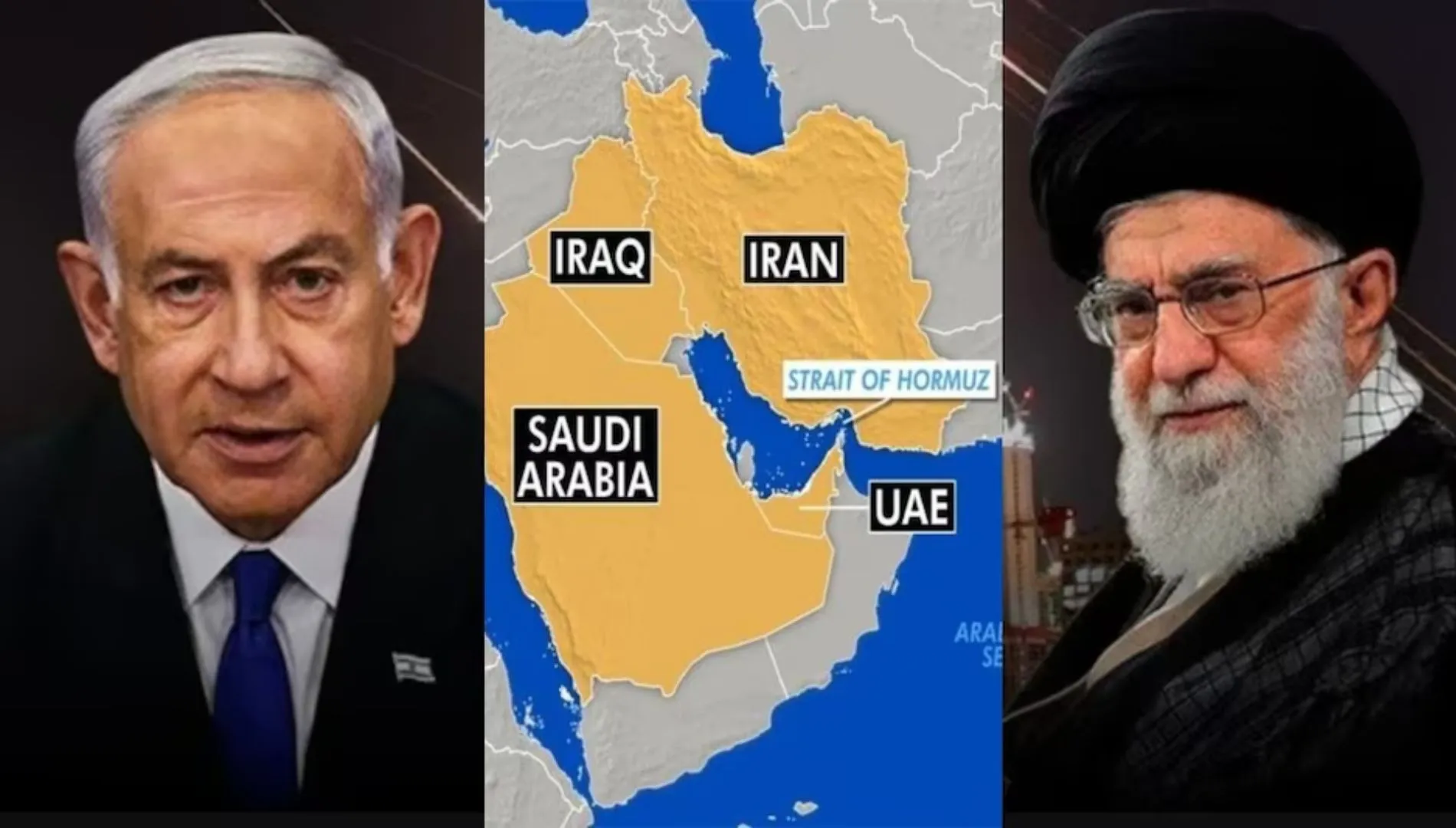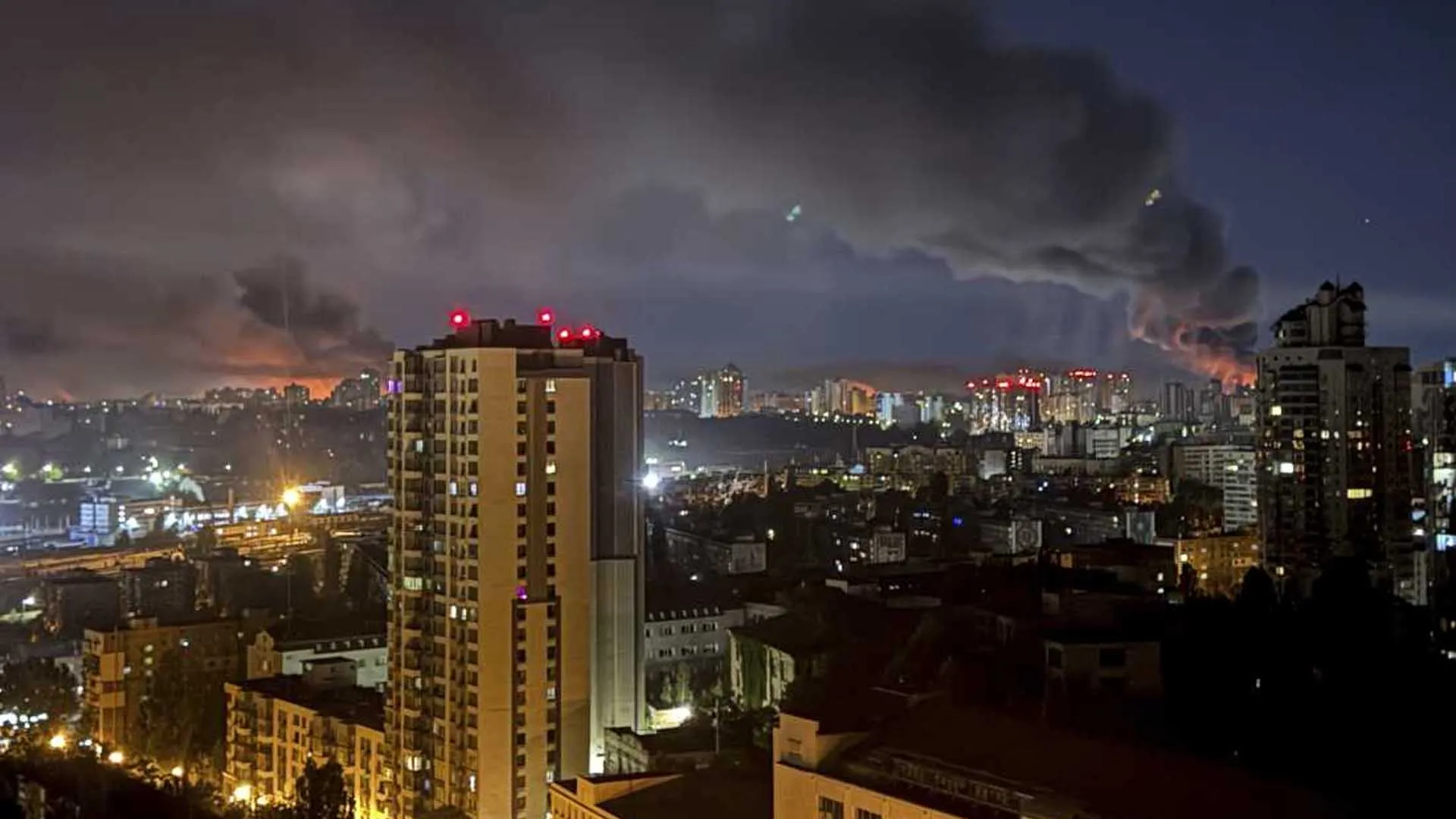The Strait of Hormuz faces a serious threat after Iran’s parliament voted to close it following the US airstrikes on Iranian nuclear sites. This narrow waterway, which is located between Iran and the Gulf Arab states, handles about 20% of the world’s oil and gas shipments.
Now, Iran’s Supreme National Security Council must give the final approval, leaving global markets on edge.
BREAKING: Iranian parliament has just voted to close the Strait of Hormuz.
– 20% of global oil passes through the Strait
HERE’s what to expect if successful:
– Oil Prices could spike by 30–50%+ almost immediately
– Global Inflation likely Rises
– U.S. Gas Prices likely… pic.twitter.com/WC4dmeagRE
— Brian Krassenstein (@krassenstein) June 22, 2025
Closure of the Strait of Hormuz
As tensions rise with the United States and Israel, Iran’s lawmakers have approved a plan to shut down the Strait of Hormuz. This important route is only 33 kilometres wide, with shipping lanes just 3 kilometres wide in each direction, making it a risky point for the world’s oil supply. Countries such as Saudi Arabia, Iraq, the UAE, Qatar, Iran, and Kuwait rely on it to export oil.
In the past, Western countries faced the biggest risks from any disruptions here. But now, Asian nations like China stand to lose the most if the strait closes. This situation reminds many of the 1980s “Tanker Wars,” when Iran and Iraq attacked oil tankers and the US stepped in.
During Operation Earnest Will in 1987, the US warships had escorted oil tankers through the strait. That mission ended in 1988 when the USS Vincennes mistakenly shot down an Iranian passenger plane, killing 290 people.
India’s Oil and Gas Supply
India imports around 2 million barrels of oil per day through the Strait of Hormuz, out of its total 5.5 million barrels daily. Even with this high dependency, experts believe India will not be heavily affected. Over time, India has secured other suppliers like Russia, the US, and Brazil, which reduces the risk if the strait closes.
India’s natural gas supply is also safe. Its biggest gas supplier, Qatar, ships LNG using routes that do not pass through the Strait of Hormuz. India also imports LNG from Australia, Russia, and the US, which are not at risk. Still, the threat of closure keeps global energy markets nervous.























